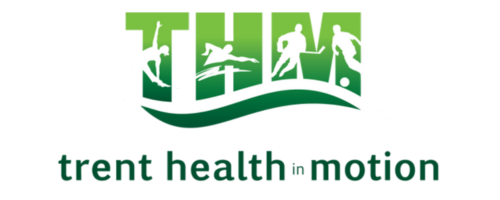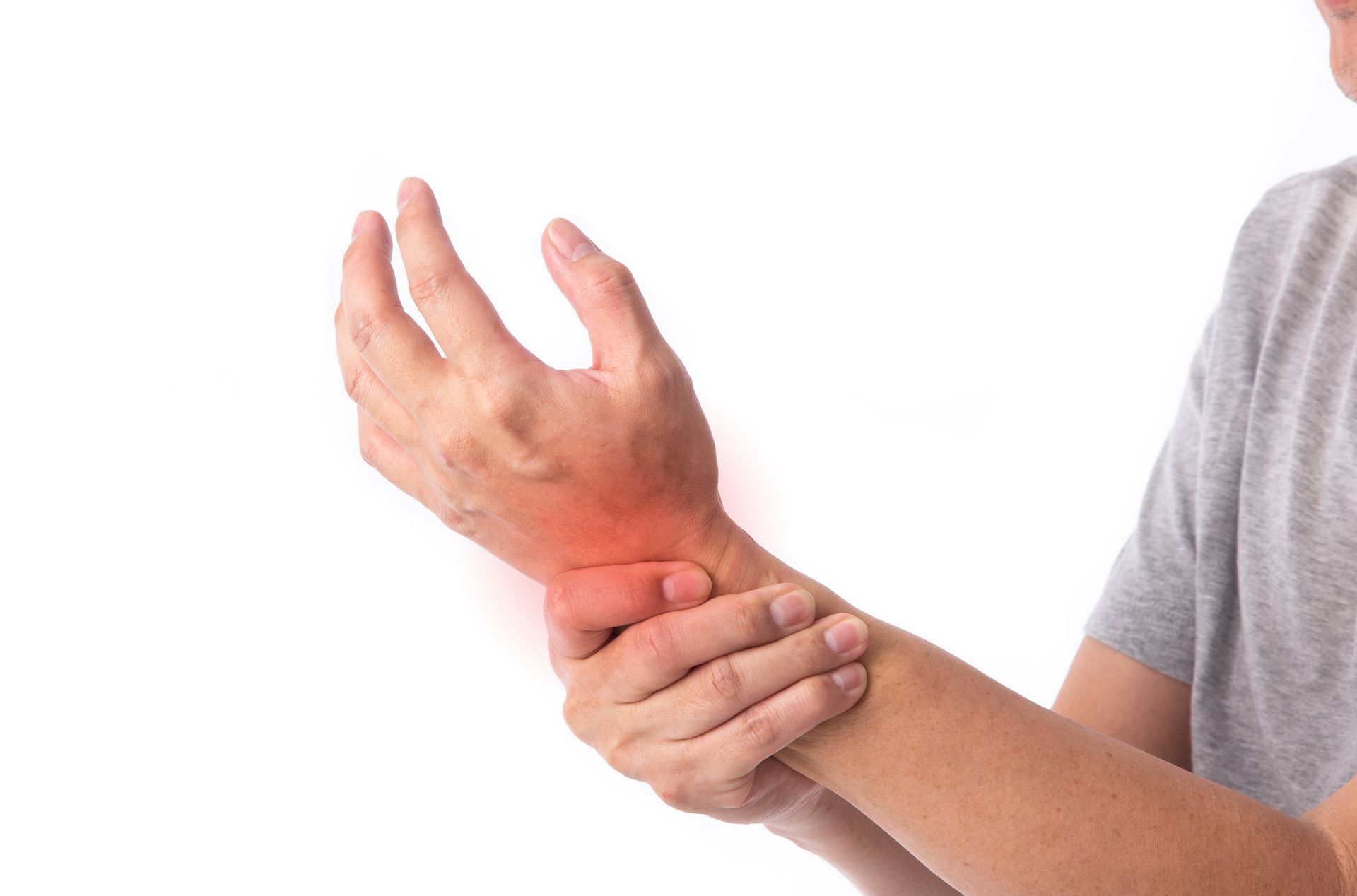Common Injuries in Runners: How Physio Can Keep You on the Road
Shoulder pain is a common complaint among Peterborough residents—whether you’re an avid paddler on the Otonabee River, a local golfer, or simply someone managing everyday movements at work or at home. Two of the most frequent culprits behind shoulder pain are frozen shoulder (adhesive capsulitis) and rotator cuff injuries. While both can make daily activities difficult, their causes, symptoms, and treatments are quite distinct. At Trent Health in Motion, our clinicians help patients accurately identify and recover from these conditions through personalized physiotherapy and rehabilitation services.
What Is Frozen Shoulder?
Frozen shoulder, or adhesive capsulitis, involves a gradual stiffening of the shoulder joint’s capsule, leading to discomfort and a significant loss of mobility. This condition is more common in adults between 40 and 60 and can arise without a clear cause, though it sometimes follows an injury or period of shoulder immobility.
Key Signs of Frozen Shoulder:
- Gradual onset of pain, followed by noticeable stiffness
- Difficulty moving your arm in all directions (not just specific movements)
- Pain tends to be persistent, even at rest or during the night
- Progresses through “freezing,” “frozen,” and “thawing” stages, with each stage lasting several months
Frozen shoulder often limits both active and passive movement—meaning that even when someone helps move your arm, it feels stuck.
What Is a Rotator Cuff Injury?
The rotator cuff is a group of four muscles and tendons that stabilize the shoulder and enable precise arm movement. Rotator cuff injuries are very common among Peterborough’s athletes, construction workers, and anyone involved in repetitive overhead activities. These injuries range from tendonitis and impingement to partial or complete tears.
Common Symptoms of Rotator Cuff Injury:
- Pain or weakness with specific motions, especially overhead or lifting movements
- Sharp or aching pain on the outside of the shoulder that may worsen at night
- Loss of strength or a “catching” feeling when moving the arm
- Sometimes a sudden “tearing” sensation after acute injury
Unlike frozen shoulder, a rotator cuff injury usually results in pain and weakness for certain movements, but passive movement (when someone else moves your arm) is often less restricted.
Spotting the Differences: Frozen Shoulder vs Rotator Cuff Tears
To help you determine which condition you may be experiencing, consider these distinctions:
Frozen Shoulder
- Major loss of mobility in all directions
- Stiffness is the dominant symptom
- Often a history of shoulder inactivity or immobilization
- Pain may persist even at rest
Rotator Cuff Injury
- Loss of strength and increased pain with specific movements (e.g., raising the arm)
- Stiffness is usually secondary to pain, not the main problem
- Cause may be injury (fall, heavy lifting) or gradual overuse
- Can often move the arm passively with less pain than active movement
Understanding the difference is essential for choosing the right approach to rehabilitation and recovery.
What Causes These Shoulder Conditions in Peterborough?
Local residents may develop frozen shoulder or rotator cuff injuries due to a range of unique lifestyle factors:
- Sports (swimming, racquet sports, golf)
- Manual jobs (construction, landscaping)
- Long periods of inactivity after injury or surgery
- Diabetes or thyroid issues (increase the risk of frozen shoulder)
- Aging: natural wear and tear on tendons and the joint capsule
How Trent Health in Motion Treats Frozen Shoulder and Rotator Cuff Injuries
Our multidisciplinary team in Peterborough specializes in assessment, diagnosis, and non-surgical treatment of shoulder injuries. Here’s how we can help:
Frozen Shoulder
- Gentle, progressive physiotherapy to restore painless range of motion
- Manual therapy and joint mobilizations to loosen the capsule
- Home exercise plans to maintain progress between appointments
- Education on the stages of frozen shoulder and what to expect during recovery
Rotator Cuff Injury
- Specific strengthening exercises for injured tendons and surrounding muscles
- Pain management strategies, including therapeutic modalities if needed
- Hands-on therapy to relieve muscle tension and restore joint mechanics
- Gradual progression to sport-specific or job-specific activities
Our integrated approach may also involve massage therapy, chiropractic care, or referral for further medical assessment in complex cases.
When to Seek Professional Help
You should contact Trent Health in Motion if you notice:
- Persistent shoulder pain or stiffness for more than a few weeks
- Loss of strength or “giving way” with lifting
- Difficulty performing daily tasks, work, or hobbies
A timely assessment speeds up recovery, prevents further damage, and restores your quality of life.
Find Lasting Relief with Trent Health in Motion
Don’t let shoulder pain keep you from enjoying life in Peterborough. Our experienced team tailors every shoulder rehabilitation program to your needs, aiming for a pain-free, functional recovery. If you’re unsure whether you have frozen shoulder or a rotator cuff injury, book a consultation with Trent Health in Motion. We’re here to help you regain comfortable movement and return to your favourite activities.










